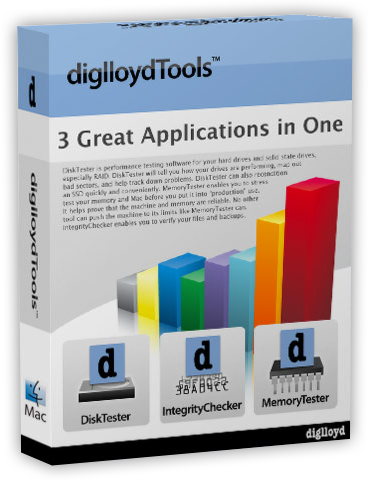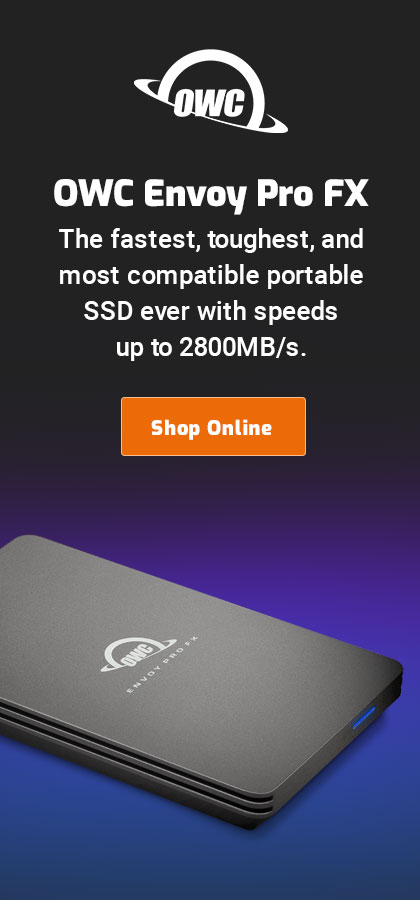Thoughts on Apple’s Transition away from Intel CPUs to Apple ARM, macOS Big Sur
Apple has announced a shift away from Intel CPUs to its own internal Apple ARM* CPU architecture, with machines available to the public in late 2020. It’s likely that the full transition will take at least a year for the Mac lineup.
While Apple has surely been planning this transition for years, the ARM chips to date have been designed with iPhone and iPad usage and thus an emphasis on power efficiency and computing that is specific to iOS needs—how that translates to general purpose desktop software remains to be seen. But there will surely be major performance advances in a few areas, and perhaps significant losses in other areas and the net benefit is not at all clear and may take years to evolve.
* ARM = Advanced RISC Machine
Emulating Intel on ARM
The transition to the the architecture means the introduction of Rosetta II, which will emulate existing Intel-based software. That approach worked quite well with PowerPC-to-Intel, but this go-round, Apple has changed so many APIs and locked down so much of the system that I have to wonder just how smoothly that will go.
Compatibility is a key concern—not likely an issue for most software, but when it comes to any specialized software... buyer beware! For example, will Java for Mac even exist initially?
How fast the emulated software runs for pro apps remains to be seen. It might be excellent, and it might be so-so, depending on the application and instruction set. I would not want to bet, for example, that Photoshop will run fast at all but presumably Adobe will issue native-ARM versions and eliminate the emulation speed hit.
macOS will get buggier and more oriented to consumer usage
ARM-based Macs will requirem macOS Big Sur, which as far as I can tell will bastardize macOS to include iOS-like features, useless visual changes*, scads of new bugs, etc.
So even if the ARM Macs emulate perfectly, the macOS Big Sure requirement carries a risk to anyone concerned with efficient workflow, GUI changes that screw with color management and dozens of other concerns. If macOS Crapalina is our guide, then things that damage my workflow to this day in Catalina will become much worse.
It is very unlikely to see much concern with software quality in macOS Big Sur, since the schedule will be all about the new and far greater complexity of making a fundamental switch in computing architecture. Bet on strong odds of macOS Big Sur being the most troubled macOS release in history.
* The new dog in town must needs urinates on the fire hydrant, and that’s waht macOS Big Sure is all about.
Pro users and pro workflow
While ARM might produce faster Macs (when is unclear), it might come with serious workflow liabilities and compatibility headaches, and thus MPG advises all pro users to get that 2019 iMac 5K or 2019 Mac Pro or iMac Pro or 2019 MacBook Pro within 3 months, sticking with macOS Mojave if it can run on the machine.
I don’t see support for those Macs being an issue in 3 years and less, and I’d expect 5 years at a minimum from Apple. Yet the disdain Apple has shown for pro users for years make me wary, so count on 3 solid years, and make a business decision on that basis.
Mark A writes:
I (and my people) will likely be giving Macs up if I can't leverage virtual machines for development and testing.
How would one boot up an Intel VM on an ARM machine? Answer: cannot. And unless VMs properly support ARM (hello VirtualBox, talking to you) and Apple's ARM designs properly support virtualization, we're screwed.
In the end, cost is a non issue for people like us. I'd pay extra for a laptop with a full keyboard (and if they want the stupid touch bar put it over the f-keys not instead of the f-keys), lots of RAM 64-128GB, big battery(ies), a Unix O/S that's flawless at the core (file systems, device I/O, process scheduling, memory management, etc.) and the rest is gravy. I really don't care about things like Finder since I'm nearly 100% command line living most of my life within Emacs/terminal windows, Chrome, and Excel/spotify/sonos and a few other apps. The amortized costs to us power users of shitty designs, underpowered computers, unreliable O/S is immense.
One other thing driving me away from Macs... I need proper GPU support for AI/ML work and the stupid AMD chips in most Macs are not well supported. That makes it painful to work disconnected and just in general having to use multiple platforms and deal with remote work/paying rent. AAPL may have Nvidia but their GPU support in software is ubiquitous.
MPG: virtualization (emulation) will presumably work at some point via 3rd-party emulators, but Boot Camp of course can no longer function and its absence may be a huge downside for some users.
At present, virtualization can use native Intel machine instructions but with ARM it has to become virtualization on top of emulating the Intel instruction set—slower and more complex.

 diglloydTools™
diglloydTools™











